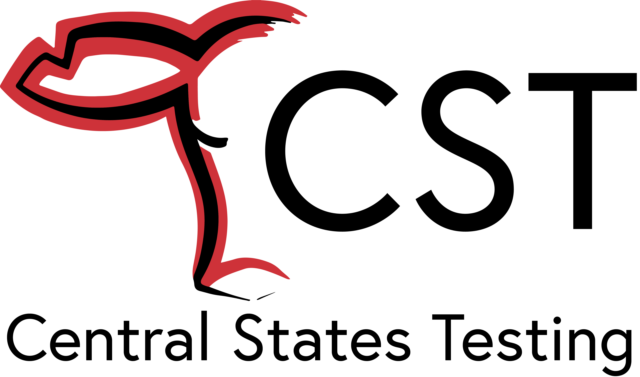Regardless of how prepared we are, the first calf of the season often seems to come as a surprise. The following is a list of considerations to help make sure you, your cows and the barn are ready to go.
1. Evaluate cow condition
At this stage, most spring-calving females in the region are already in the third trimester, so adding bodyweight is an expensive, uphill battle. However, assessing body condition will help you better prepare for the calving season. Too-thin females are at greatest risk of increased dystocia issues, decreased calf vigor and lower colostrum quality and quantity compared to females in adequate or carrying excess condition. Nutrition during gestation is more than balancing crude protein and energy – don’t forget the minerals and vitamins. Adequate mineral and vitamin status impact calf health, vigor at birth and set the stage for immune function and growth for the first few months of life.
2. Consider vaccinations
Work with your veterinarian to determine what pathogens may be impacting your herd health. Vaccinations for protection against late-term abortions like leptospirosis may be of value. Additionally, vaccinating for scours is becoming a standard in herd health protocols, bringing most value to first-calf heifers or new breeding stock brought into the operation. Thoroughly read labels, determine appropriate vaccination timing and administration route, and reduce stress while working bred females for best results.
3. Clean out the calving barn and disinfect equipment
Cleanliness and biosecurity play a critical role in controlling environmental conditions, especially if calving in confinement or close proximity. Start the season off making biosecurity a priority and maintain that standard throughout the entire season. Inventory your supplies and consult with your veterinarian to make sure you have all the necessary calving tools on-hand. This might include rust-free OB chains, colostrum, disinfectant, gloves and other over-the-counter products to administer to a compromised calf.
It’s never too early to start prepping for calving season. As always, consult with your team of experts, including your beef extension specialist, nutritionist and veterinarian for more information on preparing for the calving season.











